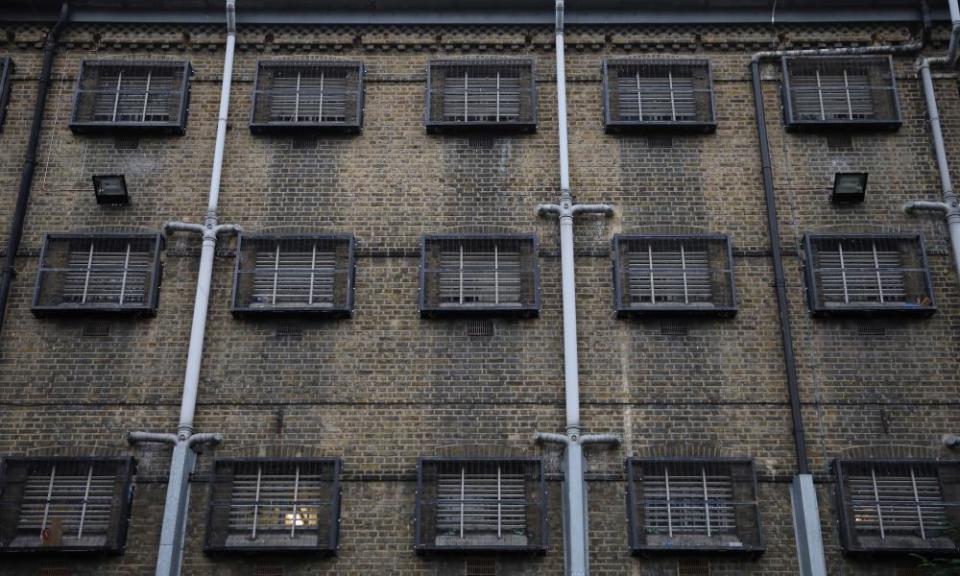Brixton Hill by Lottie Moggach review – close encounters with a con

Lottie Moggach’s talent is her own, yet it is impossible not to speculate
– if you have read Deborah Moggach’s fiction – about the possibility of a narrative gene passed down within families. For the Moggachs, mother and daughter, know how to tell a story. Their plotting evolves naturally. Many people write well but a fluent narrative gift is rarer, tougher to learn and often underrated. Lottie’s debut novel, Kiss Me First, was about a young woman seduced by an online community into taking on a dangerously assumed identity. It was a page-turner of a performance and deservedly attracted notice (nominated for the Guardian first book award). Under the Sun, her second, was another gripping tale, about a solitary woman caught up in a claustrophobic expat community in Spain whose life starts to slide out of control as she gets caught up with a sinister local businessman. The third, Brixton Hill, shares the confident sheen of its predecessors and offers her most accomplished plot yet. Once again, the story involves false identity as a woman named Steph gives herself the slip.
It reminds us that it is possible to be in a prison of life’s devising even when apparently surviving on the outside
Steph slips in the literal sense, too, on Brixton Hill, and is helped to her feet by Rob, a prisoner coming to the end of a prison sentence (for killing his partner). Rob is in an open prison and, by day, does time in a local charity shop where tedious obligations include having to check jigsaw puzzles to make sure the 1,000 pieces are all present and correct. He is keenly aware of Steph’s good looks but assumes that theirs is likely to be the briefest of brief encounters. Then, by chance, he keeps re-encountering her – though there is no such thing as chance in this novel.
Steph is a necessarily sketchy character. She is not altogether believable because she is so busy making herself up as she goes along. But this scarcely matters. The question that continues to drive our curiosity is: why is she interested in Rob? It is a question he addresses, too, but we must wait for the slow-release answer. This is a book driven by shame and desire – and it reminds us that it is possible to be in a prison of life’s devising even when apparently surviving on the outside.
The greatest pleasure is to be had in Moggach’s spot-on descriptions of south London’s architecture – prison, charity shop, local coffee house. Rob likens the prison’s wing to a cross-channel ferry: “The confinement makes you restless and unsettled as well as sort of sapped and depleted.” She is also observant about clothes. I loved the description of the female visitor who strolls into the prison in furry boots but with bare legs, “as if the top and bottom of her legs have read different weather reports”. And, like all the best storytellers, Moggach knows how to choreograph an ending. She finishes the novel with the possibility of a new beginning – as surely as unbolting a door.
• Brixton Hill by Lottie Moggach is published by Corsair (£14.99). To order a copy go to guardianbookshop.com. Free UK p&p over £15

